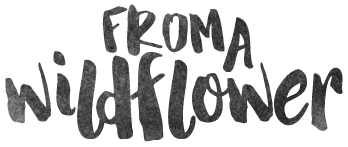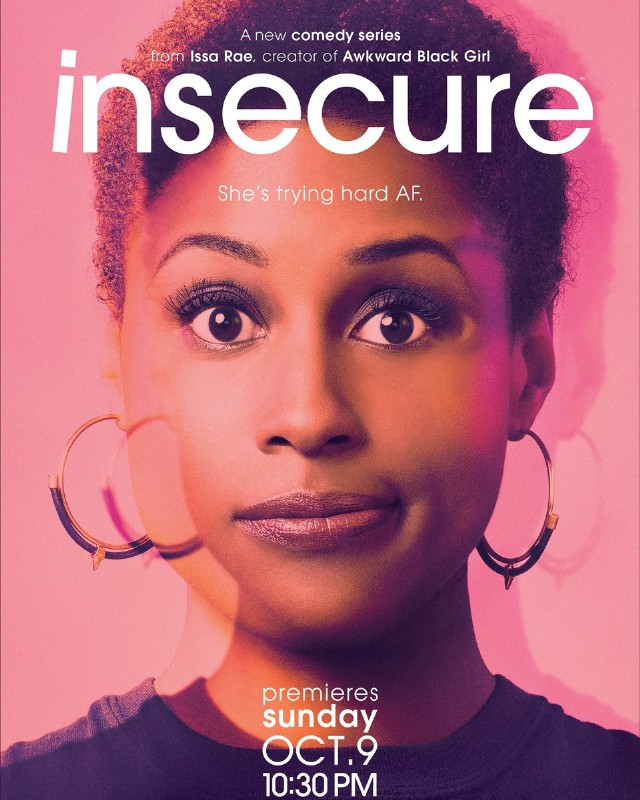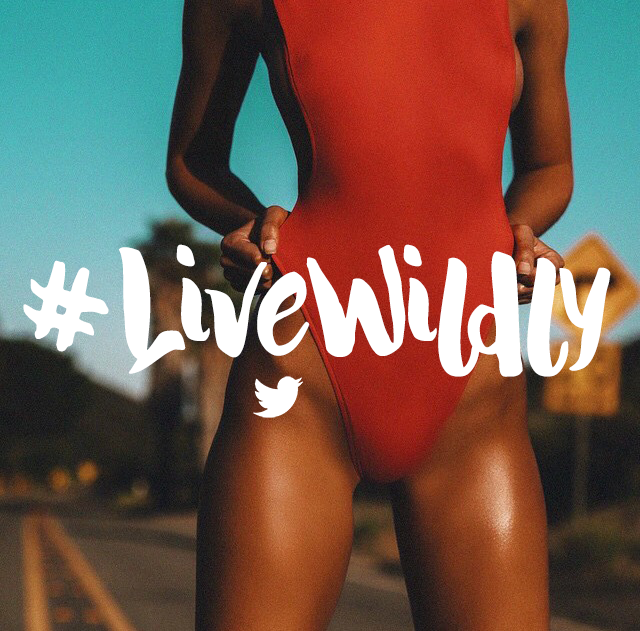Diary Of A Critical Fan: On Feeling A Little Guilty After Singing Along To A R. Kelly Song
I always feel a little guilty after singing along to an R. Kelly hit, especially if it’s one of the songs that was released after the sex tape allegations came out. The music is practically hypnotizing; a few seconds of his crooning and I’m likely to hit a slow, 90’s boy band grind in my seat. When I hear jams like “Ignition Remix” or his verse on Wisin y Yandel’s “Noche de Sexo Remix,” I suspend all of my conscious sensibilities to bounce along to the beat, only to feel gross afterward. How can I celebrate this guy when I think he’s guilty of violating young women?
I know I’m not the only one feeling a little gross, because scores of music and culture critics over the years have written about the discomfort in enjoying recent works of the hit maker. But he was acquitted! But the songs are so catchy! But everyone’s pretty sure he actually committed those crimes. And as long as he kept churning out freak nasty jams, we were content to just sweep all of the evidence suggesting that this man needs help (and to be thrown under a jail) under rug, so long as the music was still hot.
But at some point recently, everyone recovered from their convenient amnesia about the creepiness of R. Kelly and decided enough was enough. He released the album “Black Panties” (Ew) and started to promote himself and the project with performances with Lady Gaga, interviews, and an ill-advised Twitter chat, the overall response wasn’t just “No,” it was “Hell no!” All of a sudden people stopped making the “R. Kelly has a urine kink” jokes and realized that the real joke is that we casually forgot his penchant for having sex with teenage girls. Everyone decided to take their fan hats off and put their critical thinking caps back on, and that’s a beautiful thing. More evidence to this man’s awful behavior has come out and now that we know, we can’t un-know.
Ideally, everyone that commits a crime is held accountable and there are consequences for all actions, even speech. But when a public figure, whose earlier works mean so much to so many people, does something unsavory we all do a mental pros vs cons list. Does the bad of one isolated incident outweigh the good of what they have contributed thus far? The thing is sometimes the issue isn’t that simple. For example, when Rick Ross rapped about slipping a woman a Molly in her drink unbeknownst to her, the anger it inspired was justified* but hip hop fans and hip hop artists had trouble figuring out where to go from there. Talib Kweli and Lupe Fiasco debated over Twitter, the best way for them to handle Ross’ lyrics as feminist allies: condemnation versus “embracing” the offending artist in order to better get the message through. This ushers in the question: when a public figure is wrong, what do we want to do with the anger or offense? Equally important, how do we, the critical public, want this issue to be resolved?
Being a critical fan means that you’ll call a celebrity out on hate speech, bad behavior, works that advocate crimes or hate. A critical fan has a backbone. A critical fan consumes art, but doesn’t let an artist’s previous works cloud their judgment of a problematic work by the same artist. A critical fan would consider boycotting an artist, lest continued ticket sales or downloads encourage an artist to keep up the bad behavior. A critical fan has her work cut out for her.
Everyone sticks their foot in their mouth every once in a while. But if someone’s work promotes hateful or violent behaviors, or worse, actually acts on those sentiments, there are serious, tangible consequences. Most people have to deal with the fallout, so why should public figures be any different? I guess we, the public, need to better exercise discretion in response to scandals. “Too far” is something that differs from person to person, but if we’re really bothered, condemnation can only take us so far. Plus, ain’t nobody got time for all those open letters. In this day in age, the best way to prove your point is with your wallet: if someone has really crossed that line, cease all purchases of their works and be sure to let them know why.
It won’t magically cure racism, sexism, anti-LGBT sentiments. Still, I personally don’t want to spend so much time on isolated incidents of negativity when there are bigger battles to fight. Being a critical fan is something you take one day at a time, so it’s best not to sweat the small stuff. The older I get, the more I strive to be the change I want to see in this world, and that includes speaking out against wrongs. I still slip up from time to time, but I’m more than willing to skip an R. Kelly song. I’m tired of feeling guilty and this is the least I can do.
Noelle Blanchard lives in the San Francisco Bay Area. In between working for an E-commerce website and as a freelance writer, she spends her time baking, tweeting, and dancing at Zumba. She’s a proud USC Trojan and a Golden State Warriors fan.
___________
Image Source: Vintage Portrait of Model Beverly Peele






January 30, 2014
I love the idea of being a critical fan. Sometimes it seems daunting that it requires a large number of people making an effort to boycott in order for this to work and for it to make a difference to a celebrity, yet on an individual level I appreciate that it’s encouraging me to think carefully and objectively about an idol. Great article, thanks for sharing!
January 30, 2014
I too am guilty of singing R. Kelly songs! This is a great article, thanks for sharing.
Charlotte (www.milknhonee.com)
February 3, 2014
Hi Noelle! Showing some fellow #FAWF love. Thanks for sharing! I, too, am a critical music fan, but lately have been especially critical of R. Kelly. Your sentiment resonates with me on so many levels – one, as a survivor of childhood sexual abuse; two, as a fan who could name nearly every R. Kelly CD; and three, as a student with an English and sociology background. This made me think, and feel, with honesty.